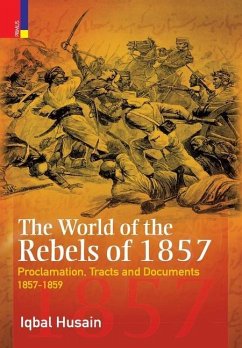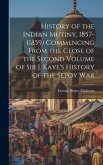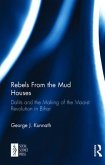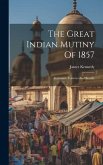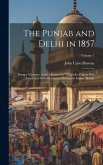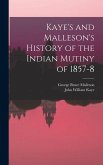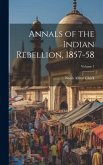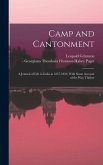In the 'rebel world' of 1857, indigenous discourse on the great uprising in the form of proclamations, pamphlets and appeals issued by rebel leaders and other ideologues offers primary data for understanding the motives of the rebels, their means of mobilization and the people who were sought to be mobilized. It also helps us to figure out if the appeal by the leaders of the rebellion remained within the earlier traditional framework as well as the kind of 'polity' or 'polities' they envisioned. The material contained in this volume is also likely to throw light on how the sepoys, as members of the most modern army of their times, used modern machines, such as printing facilities, and modern ideas in their fight against their colonial masters, and answer questions regarding the conflict between the Sepoys and the more traditional elements, namely the wahhabis. The data produced here will offer fresh perspectives on one of the largest anti-imperialist uprisings east of Suez during the nineteenth century.
Bitte wählen Sie Ihr Anliegen aus.
Rechnungen
Retourenschein anfordern
Bestellstatus
Storno

